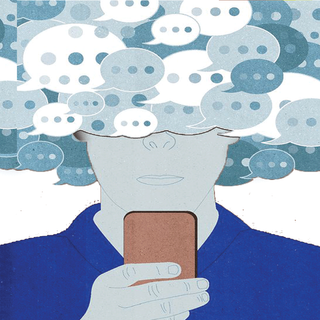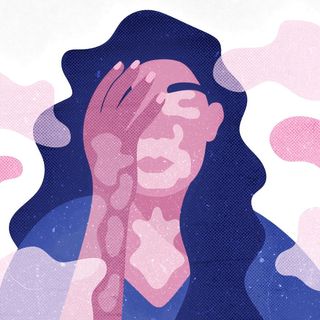The U.S. Food and Drug Administration (FDA) on May 1 approved the first vaccine to prevent dengue fever, but has also garnered controversy due to indications the vaccine might lead to increased risk of the infection among children who have not previously had it.
The vaccine, which is known as Dengvaxia, can now be used to treat adolescents between ages 9 and 16, but prospective recipients will need at least one previously confirmed case of dengue. They must also be living in a dengue-endemic area, which includes American Samoa, Guam, Puerto Rico and the U.S. Virgin Islands.
The vaccine was seeking a broader approval that would have included people aged between 9 and 45, but an FDA advisory panel in March recommended excluding adults and including a narrower age range.
In 2017, Sanofi, the vaccine’s manufacturer, had revealed the vaccine might increase the risk of severe dengue in children who had never been exposed to the virus before, which led to a government investigation in the Philippines, where 800,000 school-age children had already been vaccinated, Reuters reported.
Related on The Swaddle:
Genetic Patterns May Identify Who Is At Risk for Life-Threatening Dengue Complications
In March, the Philippine Justice Department found “probable cause to indict Sanofi officials over ten deaths it said were linked to the dengue infection.” It said that the vaccine is not approved for children who have not previously been infected by one of the four types of the virus, which is spread by mosquitoes. However, identifying people who are known to have previously had an infection is currently a challenge because many dengue infections are mild and go undiagnosed. Sanofi has disagreed with the findings.
Annually, dengue kills about 20,000 people, mostly children, and afflicts hundreds of millions of people worldwide, making it the world’s fastest growing infectious disease. In India, starting from the mid 90s, epidemics of dengue have become more frequent, especially in urban areas. The virus is endemic in almost all states. In 2010, an estimated 33 million cases of dengue fever occurred in the country. In 2015, New Delhi recorded its worst outbreak since 2006 with more than 15,000 cases.
“Today’s FDA approval of Dengvaxia allows us to bring a critical medical prevention tool to at-risk populations, helping combat and prevent dengue, particularly among children, in U.S. dengue-endemic areas,” Dr. David Greenberg, Sanofi’s regional medical head for North America, said in a statement.




